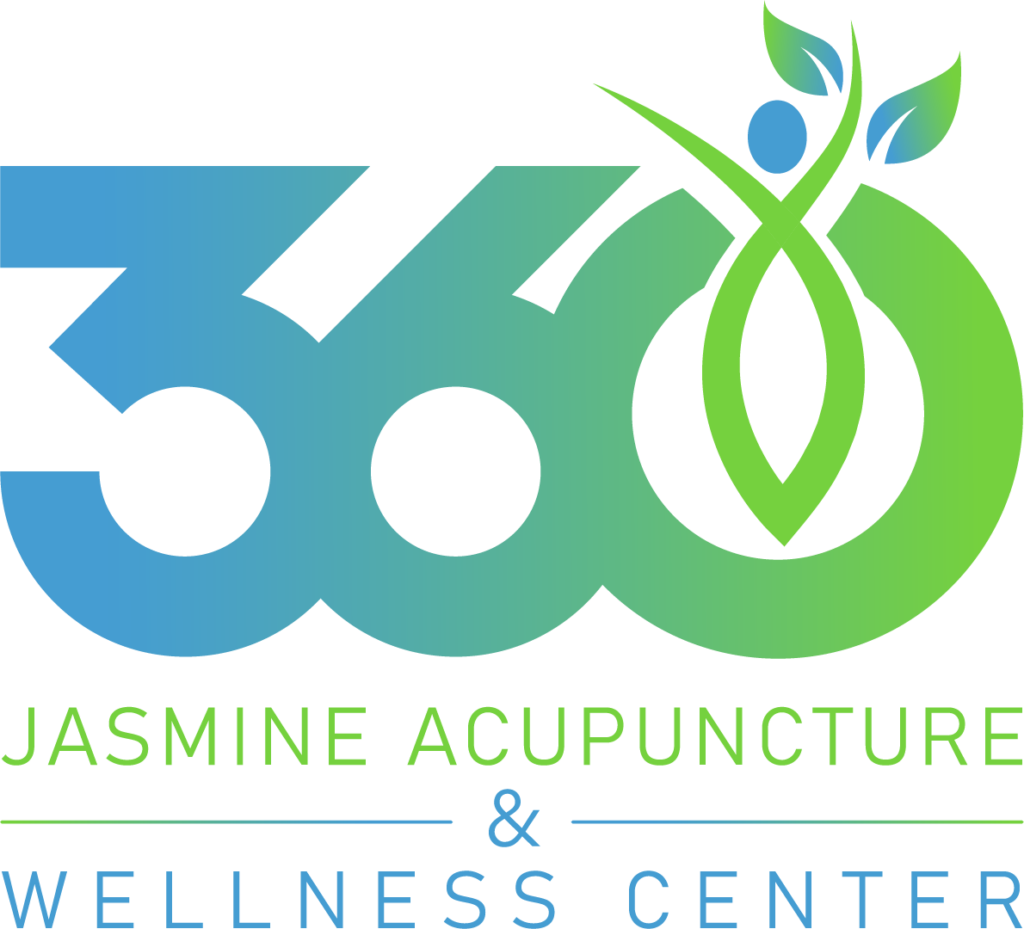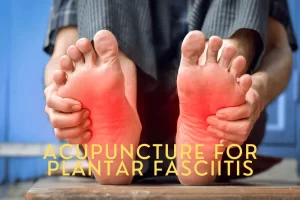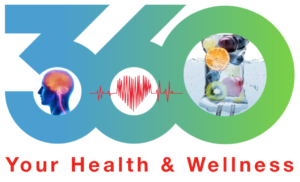Mental health is just as crucial as physical health. When our mental health suffers, our overall well-being is compromised. But what happens when someone struggles with mental health issues? This is where mental health rehabilitation centers come into play. These centers offer specialized support and treatment to help individuals regain control of their lives and improve their mental health.
What You Need to Know About Mental Health Issues?
Mental health disorders come in many forms. Depression, anxiety, bipolar disorder, and schizophrenia are some of the most common. Each has unique symptoms, but all can significantly impact daily life. Depression can make even the simplest tasks feel overwhelming, while anxiety might cause constant worry and physical symptoms like a racing heart. Bipolar disorder involves extreme mood swings, and schizophrenia can lead to distorted thinking and hallucinations. These conditions can make it difficult to maintain relationships, work, and enjoy life.
Mental health issues can stem from various factors. Genetics plays a role; if mental health disorders run in your family, you might be more likely to experience them. Traumatic experiences, such as abuse or the loss of a loved one, can trigger mental health problems. Chronic stress, whether from work, relationships, or financial issues, can also contribute. Sometimes, underlying medical conditions, like thyroid problems, can affect mental health. Understanding these causes is essential for addressing the root of the problem and finding effective treatments.
The Role of Mental Health Rehabilitation Centers
Mental health rehabilitation centers aim to provide a safe and supportive environment for individuals to recover. Their primary objective is to help patients regain control over their lives. These centers offer a range of services, including individual therapy, group therapy, medication management, and holistic treatments like art and music therapy. Each service is designed to cater to the unique needs of the patient. For example, individual therapy allows for personalized attention and tailored treatment plans, while group therapy provides a sense of community and shared experiences. Medication management ensures that patients receive the appropriate medications to help stabilize their mental health.
Who Can Benefit from Mental Health Rehabilitation Centers?
Adults dealing with severe mental health issues can benefit immensely from these centers. They provide the structure and support needed to navigate complex emotions and behaviors. For many adults, the pressures of work, family, and daily responsibilities can exacerbate mental health problems. Rehabilitation centers offer a break from these stressors, allowing individuals to focus solely on their recovery.
Teenagers are also prime candidates for mental health rehabilitation. The pressures of adolescence, combined with mental health struggles, can be overwhelming. These centers offer specialized programs tailored to younger individuals. Adolescents face unique challenges, such as peer pressure, academic stress, and identity issues. Mental health rehabilitation centers provide a supportive environment where teenagers can explore these issues and develop healthy coping mechanisms.
Key Features of Effective Mental Health Rehabilitation Centers
No two individuals are the same, and neither are their mental health needs. Effective centers develop personalized treatment plans that address specific issues and goals. These plans might include a combination of therapies, medications, and lifestyle changes. By tailoring treatment to the individual, rehabilitation centers can address the unique aspects of each person’s mental health.
The staff at these centers typically includes licensed therapists, psychiatrists, and other mental health professionals. Their expertise is crucial for providing high-quality care. These professionals have extensive training in various therapeutic approaches and stay updated on the latest research in mental health treatment. Their knowledge and experience enable them to offer effective and compassionate care.
Types of Therapies Available
Cognitive Behavioral Therapy (CBT) is a common therapy used in these centers. It helps patients identify and change negative thought patterns and behaviors. CBT is particularly effective for conditions like depression and anxiety, where negative thinking can perpetuate symptoms. Through CBT, patients learn to challenge and reframe harmful thoughts, leading to more positive behaviors and improved mental health.
For some, medication is a necessary part of treatment. These centers provide careful monitoring and adjustment of medications to ensure they are effective. Medications can help stabilize mood, reduce anxiety, and manage other symptoms of mental health disorders. Rehabilitation centers work closely with patients to find the right medication and dosage, minimizing side effects and maximizing benefits.
Importance of Early Intervention
Early intervention can make a significant difference. Recognizing symptoms like persistent sadness, withdrawal, and extreme mood swings early can lead to more effective treatment. When mental health issues are identified and addressed promptly, the chances of a full recovery improve. Early intervention can also prevent problems from escalating, reducing the risk of more severe mental health crises.
Prompt treatment can prevent mental health issues from escalating. It can also improve the chances of a full recovery. When individuals receive the help they need early on, they can develop coping strategies and skills to manage their mental health. This proactive approach can lead to better long-term outcomes and a higher quality of life.
Challenges in Mental Health Treatment
One of the biggest challenges is the stigma surrounding mental health. Many people are reluctant to seek help because of misconceptions about mental illness. They might fear being judged or misunderstood. This stigma can prevent individuals from reaching out for support, leading to untreated mental health issues. Rehabilitation centers work to break down these barriers by providing a safe and non-judgmental environment for treatment.
Access to quality mental health care can be limited, especially in rural areas. This makes rehabilitation centers even more important as they provide concentrated resources and support. In areas with fewer mental health professionals, rehabilitation centers can offer specialized care that might not otherwise be available. They also often provide telehealth options, allowing patients to access care remotely.
How to Choose the Right Mental Health Rehabilitation Center?
When choosing a center, consider factors like location, services offered, and the qualifications of the staff. It’s also important to visit the center and get a feel for the environment. A supportive and welcoming atmosphere can make a significant difference in the recovery process. Look for centers that prioritize individualized care and have a track record of success.
Ask about the center’s treatment philosophy, the types of therapies they offer, and their success rates. Also, inquire about aftercare support. Effective rehabilitation centers provide ongoing support after the initial treatment period, helping patients maintain their progress. They might offer follow-up therapy sessions, support groups, and other resources to ensure continued recovery.
The Role of Family and Friends
Family and friends play a critical role in the recovery process. Their support can provide motivation and a sense of stability for the patient. Loved ones can offer emotional support, help with practical tasks, and encourage healthy behaviors. Rehabilitation centers often involve family members in the treatment process, offering family therapy sessions and educational programs.
Encouraging a loved one to seek treatment can be challenging, but it is often necessary. Approach the topic with empathy and understanding. Let them know you are there for them and want to help. Rehabilitation centers can guide how to have these conversations and support your loved one’s journey to recovery.
The Cost of Mental Health Rehabilitation
Cost is a significant factor for many families. It’s important to consider all financial aspects, including any available payment plans. Some rehabilitation centers offer sliding scale fees based on income, making treatment more accessible. Additionally, many centers provide financial counseling to help families navigate the costs of care.
Many insurance plans cover mental health treatment. Check with your provider to understand what is covered and what costs you may need to cover out-of-pocket. Rehabilitation centers often have staff who can assist with insurance paperwork and ensure you receive the benefits you’re entitled to. This support can alleviate some of the financial stress associated with treatment.
Aftercare and Continued Support
Aftercare is essential for maintaining progress. Follow-up treatments ensure that the patient continues to receive support after leaving the center. This ongoing care can include regular therapy sessions, medication management, and check-ins with mental health professionals. Patients can build on their progress during their initial treatment by staying connected to their support network.
Support groups provide a community of individuals who understand what the patient is going through. They can be a valuable resource for continued recovery. These groups offer a space to share experiences, gain insights, and receive encouragement. Many rehabilitation centers facilitate support groups, providing participants with a safe and structured environment.
Technological Advancements in Mental Health Rehabilitation
Teletherapy has made mental health care more accessible. Patients can receive therapy from the comfort of their own homes. This option is particularly beneficial for those who live in remote areas or have mobility issues. Teletherapy also offers greater flexibility in scheduling, making it easier to fit therapy into busy lives.
There are many mobile apps designed to support mental health. These apps can provide tools and resources for managing mental health daily. From guided meditation and relaxation exercises to mood tracking and cognitive behavioral tools, these apps can complement traditional therapy and offer additional support.









